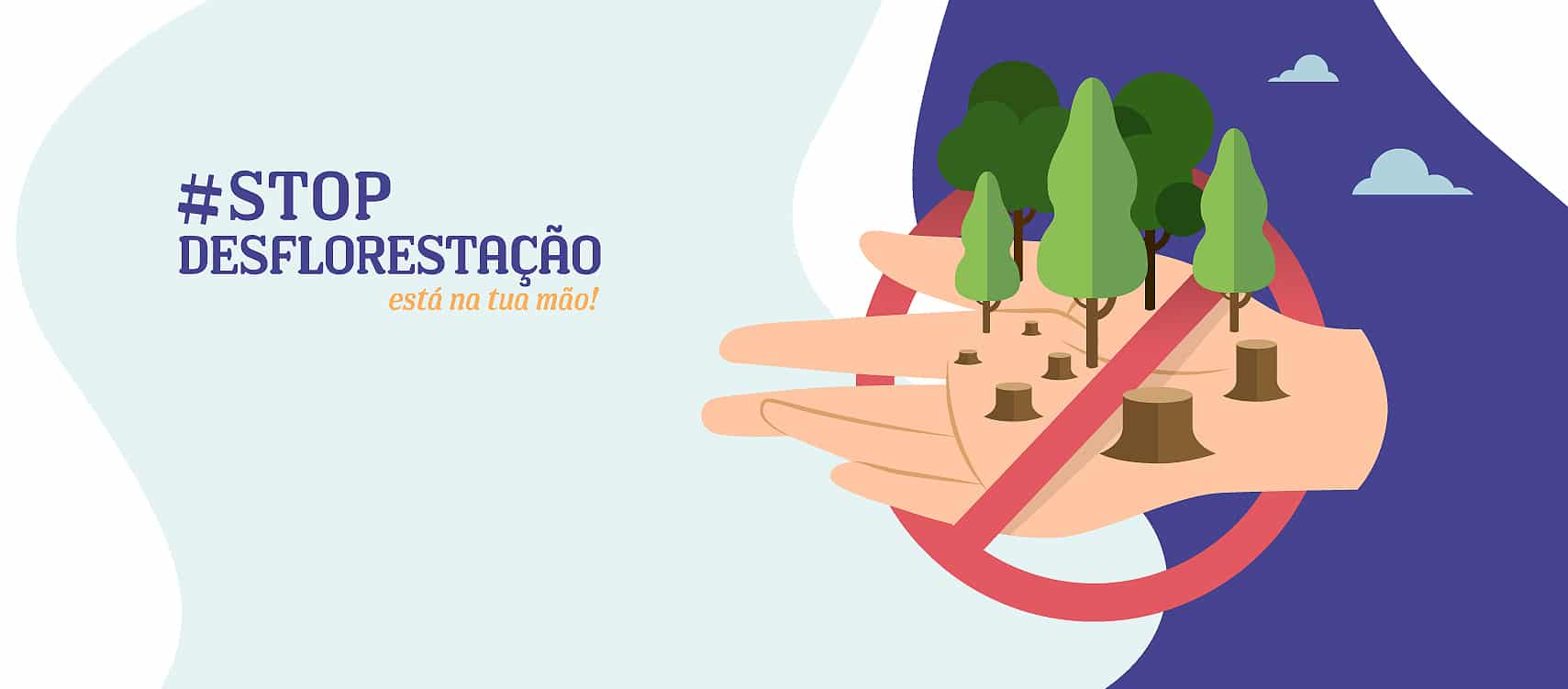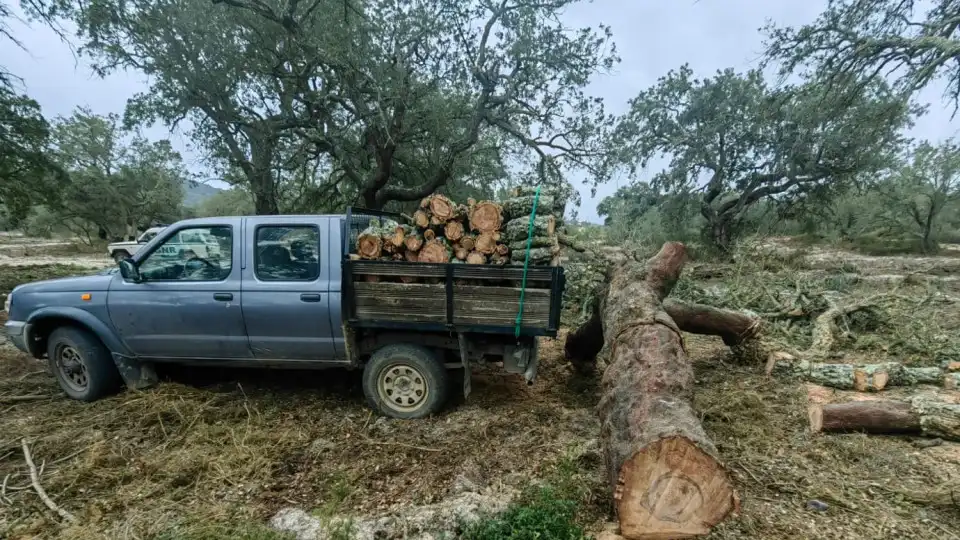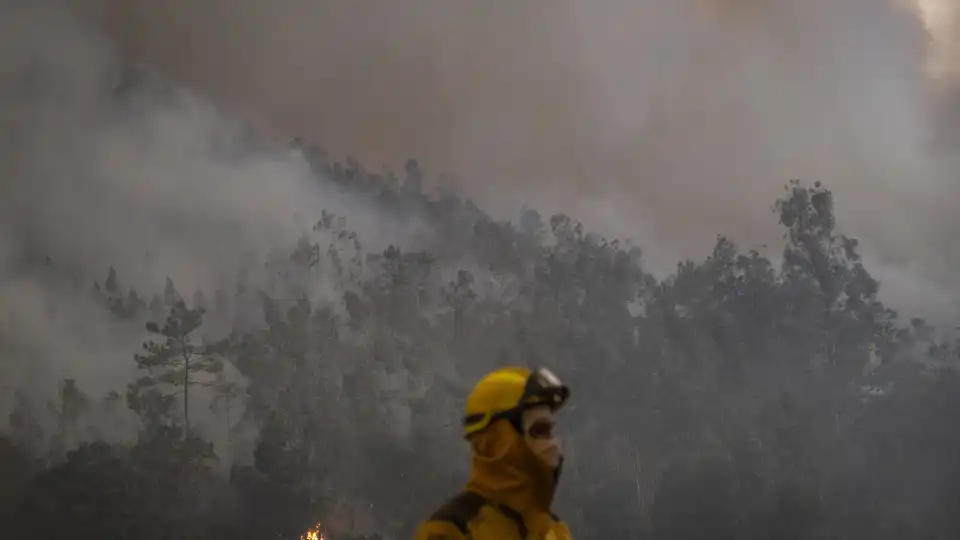The environmental association Zero praised today the expansion of renewables under the National Plan for Energy and Climate (PNEC), but doubts its implementation, stressing that the delays are due to licensing failures.
Portugal submitted on Friday its preliminary version of the PNEC revision to Brussels.
“Only five member states submitted the draft version of their plans to the European Commission by the due date: Croatia, Slovenia, Spain, Finland, and Portugal. Zero praises this fact, as well as the huge expansion planned for renewable energy sources that only do not have greater expression in emissions because their use is largely intended for new investments and the production of green hydrogen and not as much as would be desirable to replace the use of fossil fuels for renewable sources,” noted in a statement.
According to the association, the delays in advancing the implementation of renewable sources are due to licensing failures, mainly on the part of “a depleted administration in the energy and environment sector.”
The environmentalists also pointed out that the new proposal has a 35% energy efficiency target by 2030 and primary energy reduction, and does not take into account the current revision of the Energy Efficiency Directive (EED), which also aims for a reduction of at least 11.7% in final primary consumption.
On the other hand, as Zero argued, the proposal also failed with regard to energy poverty and the link with the current EED review, which could be a “problem for advancing national action.”
Zero also considered that the goal of incorporating 23% of renewables in transportation is insufficient, arguing that it should be 29%.
“It is unacceptable that the PNEC advocates the creation of a sustainable market for maritime liquefied natural gas (LNG), enhancing its use in ships, a fossil fuel that, in climate terms, is even more harmful than heavy fuels due to methane leaks that occur mainly in engines and that happen even when biogas is used,” reads the document.
For the association, member states should not only meet the deadline for submitting the NECP, but also submit “ambitious, comprehensive and coherent” versions.
The European Union wants to reduce net emissions by 55% by 2030, which, according to the association, does not correspond to the climate emergency, and should therefore have a “moral obligation” to achieve a decrease of at least 65%, reaching zero net emissions by 2040 and not 2050 as planned.
Although Portugal’s proposed revision of the PNEC foresees a 55% reduction in greenhouse gas emissions by 2030, compared to 2005, above the 45-55% range, this still does not represent “the fair contribution to meet the Paris Agreement,” he pointed out.
“The PNEC is, for now, misaligned with climate neutrality in 2045 or ambitious goals, insofar as the Climate Basis Law foresees a commitment to carbon neutrality no later than 2045,” he added, noting that this is not foreseen in the new PNEC.
Zero thus defends, within the framework of the new European requirements, that Portugal should reach 50% of renewables in the gross final consumption of energy, whereas the PNEC stipulates 49%.
As for hydrogen, the association says it is a “huge efficiency mistake” to introduce it into the natural gas network, stressing that the priority should be its use in industrial sectors “where high temperature combustion is indispensable.
On this subject, Zero also considered that the support for the development of the H2MED gas pipeline, which will link Portugal to France, is “a waste of European money for purely geopolitical reasons.”
The plan proposes an 11% drop in emissions from agriculture by 2030, which, according to the association, reflects the focus on industrialization, where most of the funding “is allocated to measures to support agribusiness”, disguised as “efficiency or resilience” measures.
The environmental association concluded that the revision of the national PNEC is still “short of the necessary level of climate action”, requiring greater ambition and measures “consistent with this ambition”.
Established in 2015, Zero – Sustainable Earth System Association is a non-profit, non-governmental organization.
Zero questions the fight against desertification and declares irrigation policy ineffective









